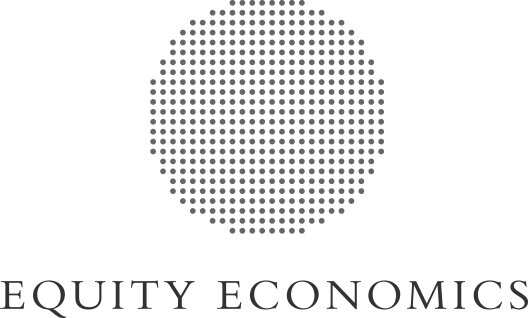Delivering value in the international development sector: Models for international non-government organisations
Summary
Equity Economics has delivered new analysis of the potential for shared services to deliver value for money and strengthened development outcomes in the international development sector.
Focusing on innovative operating models for international non-government organisations (INGO), the report finds that INGOs can reduce operational costs significantly by sharing services, such as office space, financial management and human resources, monitoring and evaluation capabilities, gender and social inclusion skills, and independent child protection and safeguarding arrangements.
Findings
Key findings include:
All shared service scenarios analysed were found to deliver a more efficient use of resources, achieving positive benefit cost ratios over 2 and 10 year periods.
Co-location presents a relatively simple option for shared services while also achieving savings. Every $1 in shared office costs translates to $1.25 in benefits.
Sharing financial services and human resources could save between $3.5 and $5.5 million over 10 years, depending on the extent of payroll integration.
A specialist hub of ME&L and GESI experts delivered the greatest potential gains, freeing-up INGO resources and delivering a return on investment for donors, with savings of $9.6 million over 10 years to reinvest in developmental outcomes.
Sharing child protection and safeguarding activities was found to deliver a potential benefit five-times the cost of each dollar invested.
The report sets out a number of next steps to supporting shared services in the INGO sector.
Read the full report



